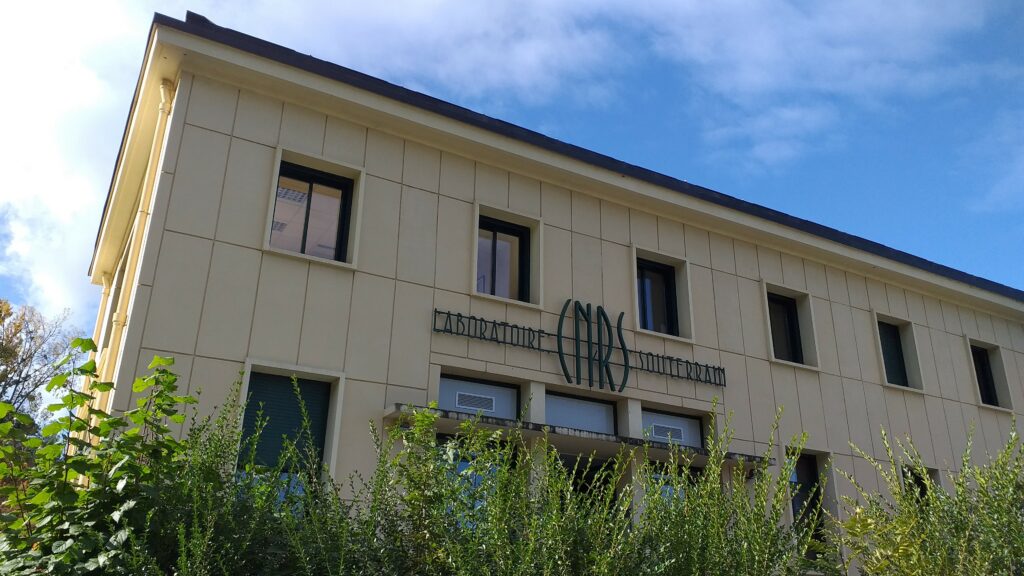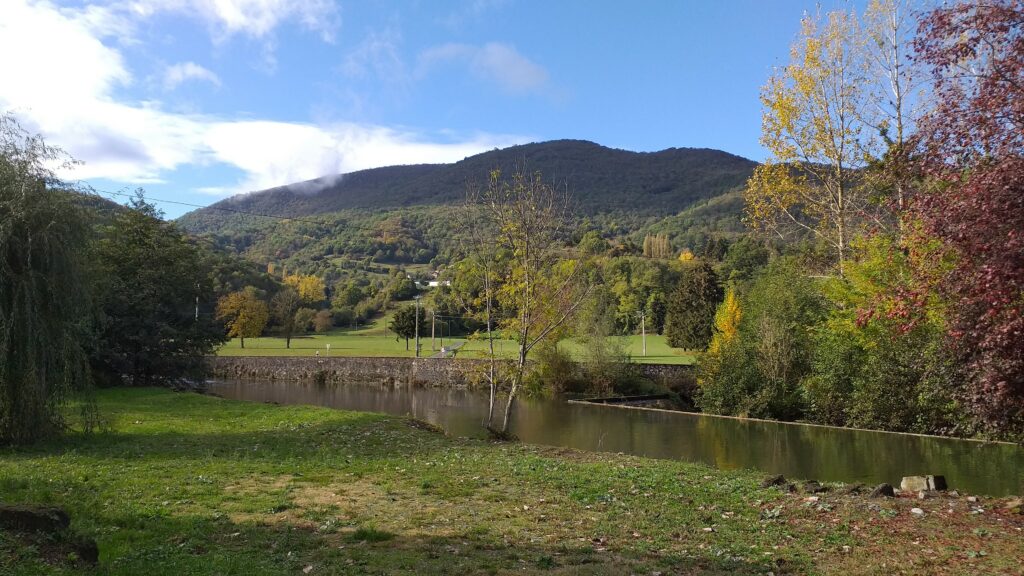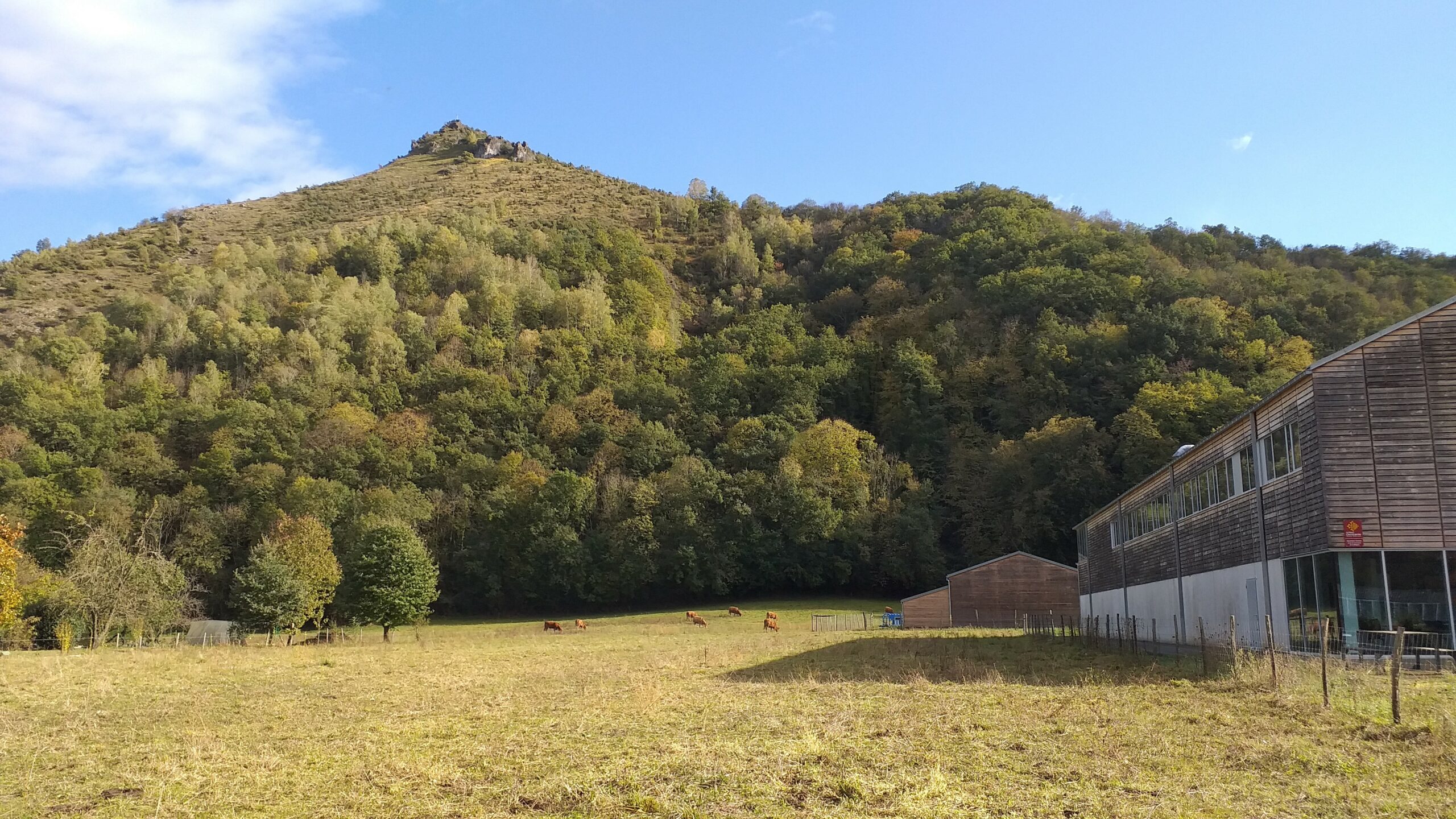Those following my personal account on Mastodon (if not, you can do so by clicking the elephant icon at the top left of your screen) have already been teased earlier this week that I have found a new, exciting workplace to get into ecological research: the Station d’Ecology Theorique et Experimentale (SETE) in Moulis, Ariège. It’s a beautiful rural place, in the heart of the French Pyrénées near the Montvalier range. The lab, a human-sized, pure CNRS venture (~20 researchers, vs. 120 in my current mammoth-sized astrophysics research institute IRAP), has a long history of diverse research on many subfields of ecology – in particular a long tradition in theoretical ecology – and has developed rather unique experimental ecology facilities over the last twenty years. Most importantly perhaps, the place appears to deeply cultivate and embrace interdisciplinarity, a very desirable quality in ecological research. In otherwords, it is a place that perfectly fits my own scientific aspirations, personality, and sensibility to nature, quaintness and mountains.

Now, one of the truly great things when you have a CNRS researcher job is that you can easily move between fields, and CNRS departments and institutes. Mobility is in fact quite encouraged. As I was mulling over my future over the past few years, back in 2018 I had already identified this lab as one of the possible places where I could see myself working some day, both because of the connection with theoretical modelling which made it scientifically credible, and because I could settle there for work without having to move jobs (in the sense of leaving my CNRS employment), houses, region and country. I finally decided to inquire and contact the director and board of the SETE this year in March after a particular tough winter period in Toulouse, and my first visit there actually turned out to be very exciting and promising. With a few colleagues who appeared to speak the same kind of scientific language as I do, we quickly managed to identify what could be some broad mutual research interests and methodological approaches. I visited again several times in the following weeks and months to discuss more specific possible research directions, and to identify in which areas I could best contribute.
Last summer, I obtained permission from INSU, my national institute at CNRS, and from my own head of institute in Toulouse to start scientific collaborations, and to spend some time there to initiate this mobility. I am now in the process of being given permanent visitor status with a desk in Moulis, and plan to spend a day there every week, on local seminar days, to work with colleagues.
I have already initiated some modelling work in recent months, in fact with a much more direct connection to astrophysics than I imagined initially…but that will be for future posts.
For the time being, enjoy the view from the new workplace!



Leave a Reply